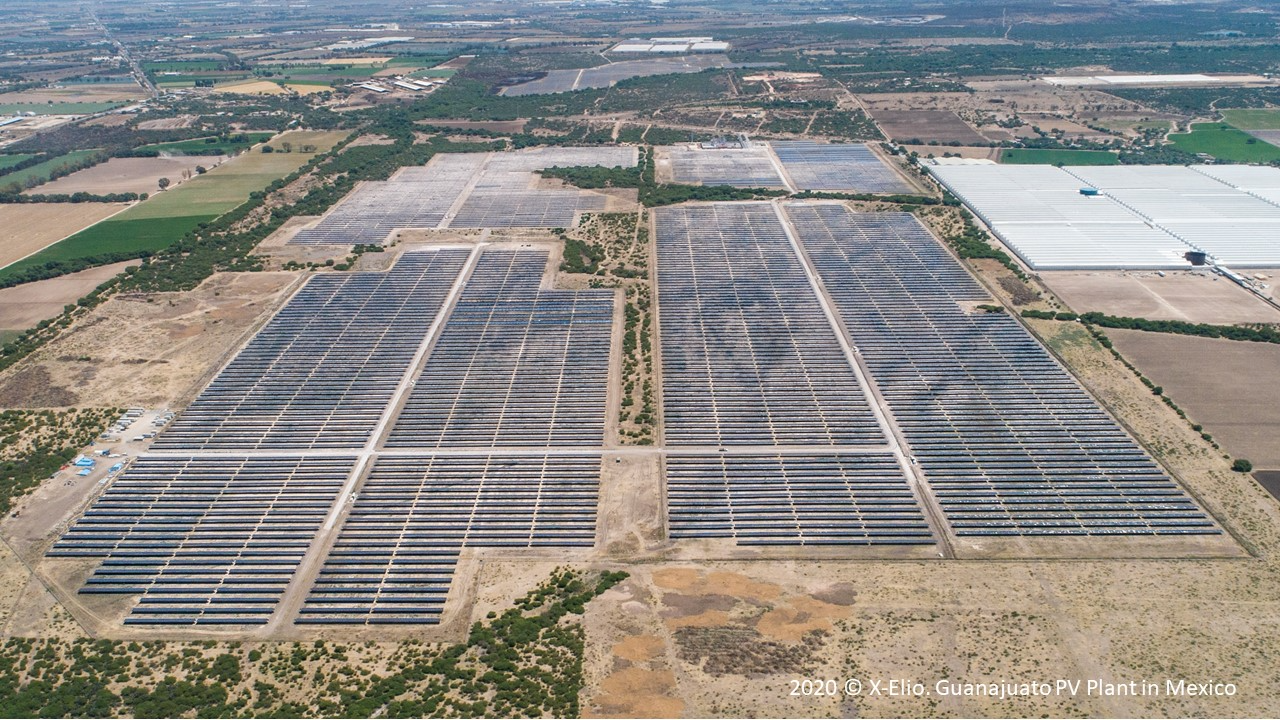How Commercial Solar Systems Pay for Themselves Over Time

Across Australia, companies are rethinking how they power their operations. Rising electricity prices and growing pressure to meet sustainability targets have pushed business owners to explore renewable options. Solar power, once considered an expensive alternative, has become an accessible and cost-effective choice. Businesses are now seeing it as more than just an energy solution it’s a long-term investment in their future.
Cost Savings That Impact the Bottom Line
One of the main drivers behind this shift is the significant reduction in energy bills. For many companies, electricity costs make up a large portion of their overhead. By installing solar panels, businesses can offset daytime power consumption and enjoy immediate savings. Over time, these savings compound, improving cash flow and allowing businesses to redirect resources toward growth and innovation. GI Solar works closely with commercial clients to design systems that maximize energy production and financial returns.
Government Incentives Make the Switch Easier
Another reason solar is gaining popularity is the range of federal and state incentives available. Businesses can take advantage of rebates, tax benefits, and feed in tariffs, which make the initial investment far more affordable. These incentives lower the payback period and make solar an appealing option even for smaller enterprises. GI Solar stays up to date on the latest programs to ensure clients receive every available benefit.
Building a Stronger Corporate Image
Today’s consumers and partners are more environmentally conscious than ever. Businesses that adopt solar send a clear message about their commitment to sustainability and responsible practices. This can strengthen brand reputation, attract eco-minded customers, and set a company apart from competitors. Many companies use their solar adoption as part of their marketing strategy, highlighting their commitment to reducing carbon emissions.
Reliability and Energy Independence
Another factor influencing the transition to solar is the need for energy security. Power outages can disrupt operations and cause costly downtime. A well designed solar system, particularly when paired with battery storage, can keep critical business functions running even during grid disruptions. This reliability is especially valuable for manufacturers, data centers, and other industries where uninterrupted power is crucial.
Scalable Solutions for Every Business Size
From small offices to large industrial facilities, solar technology can be tailored to suit different energy needs. GI Solar specializes in creating scalable solutions, meaning businesses can start small and expand their systems as operations grow. This flexibility ensures that solar remains a viable option regardless of company size or budget.
Meeting ESG and Compliance Goals
Environmental, Social, and Governance (ESG) reporting is becoming a key priority for businesses seeking investment or contracts. Installing solar is a measurable step toward reducing carbon footprint and demonstrating commitment to corporate responsibility. For some industries, meeting sustainability benchmarks can even open doors to new opportunities and partnerships.
Preparing for the Future of Energy
Australia’s energy market is evolving, and businesses that adapt early will have a competitive edge. By investing in solar now, companies can protect themselves against future price volatility and regulatory changes. This forward thinking approach not only ensures long-term savings but also positions businesses as leaders in their industry.
Partnering with the Right Provider
Making the switch to solar is a significant decision, and having an experienced partner can make all the difference. GI Solar provides end to end support, from system design to installation and ongoing maintenance. Their team focuses on delivering solutions that align with both operational needs and financial goals, ensuring businesses get the most from their investment.
The Bottom Line
More businesses are turning to Solar in Australia because it simply makes sense financially, environmentally, and strategically. With the combination of falling technology costs, government incentives, and growing sustainability demands, there has never been a better time to make the switch. Companies that invest in solar are not just cutting energy costs; they are securing their future and leading the way toward a cleaner, more resilient economy.
- Art
- Causes
- Crafts
- Dance
- Drinks
- Film
- Fitness
- Food
- Jocuri
- Gardening
- Health
- Home
- Literature
- Music
- Networking
- Alte
- Party
- Religion
- Shopping
- Sports
- Theater
- Wellness


